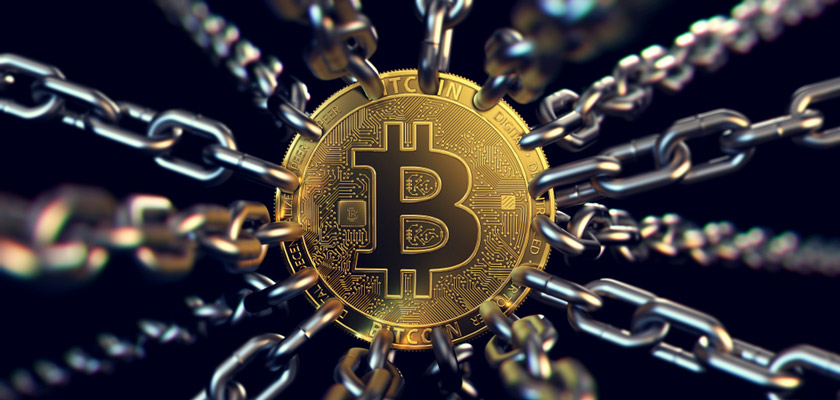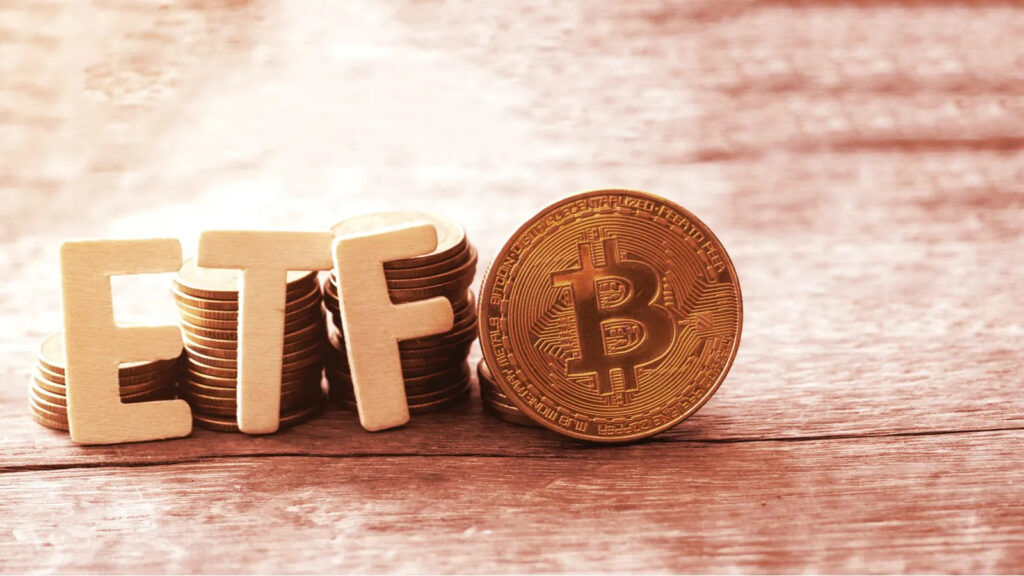We all knew crypto regulations were coming. Following the massive bull market in 2020 and 2021, crypto fell on the radar as a serious phenomenon that required attention. At this point crypto regulations in so many countries are far from complete. The US for example, is planning to set extensive rules for cryptocurrencies with national security urgency level. Unlike what the Twitter bulls tell us, regulations can have long-term effects on the market. Russia is another superpower that is seeking to impose crypto regulations. Unlike their friendly neighbor Ukraine, Russia is not a fan of Bitcoin. Recently, Russian government introduced the crypto bill to parliament which we will briefly go through the details in this article.
Exchange Cryptocurrencies to PayPal on HiExchange with no KYC.
Update: On Digital Currency
Russia’s Ministry of Finance has named the pending legislation as “On Digital Currency”. On Friday, the agency announced their amendment of their digital currency bull. For the most part, the crypto bill is calling for mining and trading provisions. This is essentially a an updated version of the original draft that came out in February.
Generally, the updates revolve around provisions on mining and trading digital currencies. Interestingly, Russia has grown interest in cryptocurrencies considering their financial situation. In that regard, there seems to be a noticeable reconsideration on crypto in Russia.
Russia’s central bank called for a total ban of cryptocurrency mining in January. Basically, the bank stated that cryptocurrencies could cause financial instability. However, as the tides turned, the ban does not seem to be a counter-intuitive move for the country.
As a response to sanctions, Russia’s Sberbank was granted a license to start issuing digital assets. These assets will exist on the bank’s digital platform and would be recorded and circulated utilizing a distributed ledger technology system. According to Sberbank, this would ensure “data security” and immutability.
Similarly, other companies can apply for this license and issue their digital assets. As for requirements, companies must meet the cash requirements and utilize digital assets issued through the information system provided by the bank.
Thus far, crypto regulations in Russia are unclear and uncertain to say the least. The updated version of the bill introduces professional and non-professional digital asset purchases as new concepts according to Kommersant. Furthermore, the bill calls for the need to asses crypto products and reconsider the rules for mining and trading.
Russian Bear Market
The Ministry of Finance in Russia is following the plan to regulate cryptocurrencies with a bill introduced to the parliament. Basically, the plan follows a roadmap developed by multiple government bodies. The bill reached parliament on February 18th.
And how does it look? Well, the Bank of Russia wants to shoot crypto in the head with a shotgun. The Central Bank is opposing regulations as it is calling for a total ban on mining and trading cryptocurrencies. In the meantime, the central bank is developing their CBDC the digital ruble. Currently, the Bank of Russia will fine crypto trading up to 500,000 rubles (US$6,360) for individuals and 1 million rubles for companies.
At this point, the official draft for the bill remains unavailable but the Ministry of Finance said that they were considering the objections of the Central Bank. Having said that, there are fragments of the bill available to the public.
Crypto Regulations to Come
First and foremost, cryptocurrencies will not be a legal tender in Russia which will make Nayib Bukele very sad. This means that Tesla will never be able to accept Dogecoin from Russians. Subsequently, crypto is solely an investment tool and cannot be a payment method for goods and services.
Secondly, all crypto exchanges and OTC desks must obtain a license and fit into some certain criteria. As for foreign exchanges, they must register legal entities in Russia to be able to work.
Thirdly, all crypto-to-fiat transactions will conduct through bank accounts and users will have to go through KYC (know your customer) twice (one for bank, one for exchange).
But this is perhaps the best one yet. Investors must pass an online test to prove they maintain sufficient knowledge about crypto and its associated risks. Those who pass, will be able to invest up to 600,000 rubles a year. As for those who fails, they will be limited to 50,000 rubles.
As for mining, the Central Bank is looking to ban it once and for all. However, the details regarding that are still unclear.
HiExchange
HiExchange is a decentralized online platform to exchange your cryptocurrencies and e-currencies. We utilize an automated system to determine the best exchange rates at any moment. Furthermore, HiExchange does not require KYC or a sign-up process. Backed by 24/7 customer support, our great reviews on OkChanger and Trustpilot is a testament of our good will. We are on Bestchange and are always amongst the top exchanges.
To learn how to exchange your cryptocurrencies to PayPal you can read our instructional article.
For more instructional content, you can always visit HiExchange Blog






